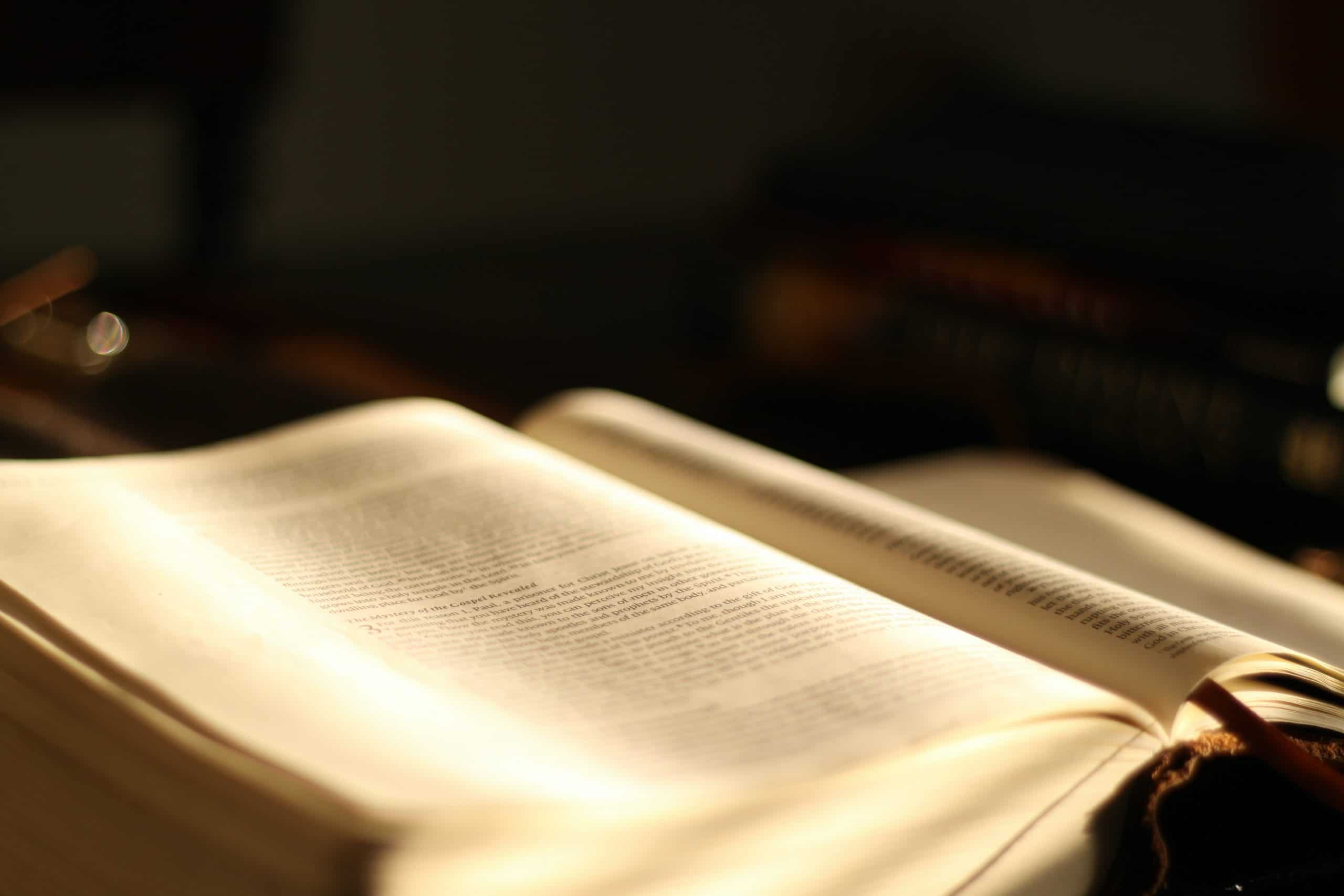#Current Affairs
Role of The Faqih: A Case Study In The Closures Of Mosques During COVID-19
Published

When the announcement of the closure of mosques came in the UK, the Muslims divided into two parties; there were those who opposed this decision whilst others were in favor of this decision. Those against began to deem those mosques as not wanting good for the Muslims and as straying away from the sunnah whilst throwing all sorts of accusations against those scholars of Fiqh who issued this ruling. As for the second group who were in favor of the ruling, they cited medical benefits in closing down the mosques (i.e. preventing spreading) as well as applying their logic to the situation. Before delving deeper into this issue, we need to first understand who the Faqih is, as well as what power of authority the Fuqaha have in Islam.
Who is the Faqih?
In traditional Islamic scholarship, the Faqih is the scholar who specialises in the field of Fiqh (Islamic jurisprudence). This speciality does not come over night, but rather through many years -perhaps even decades- of studying, training and then applying those skills developed, as with an any other field of profession. The student of Fiqh begins by studying the basics of the Shari’ah through studying a number of primer texts at this level. This level of study will normally be done based upon a single Madhab (school of thought) and can take up to a year or two depending upon the speed of their teacher. Once the student becomes prolific and understands the rulings of Fiqh of a particular Madhab, they will then move onto the second level, known as Marhalatu At-Tadleel (the level of evidences). This second level will allow a person to now look at the various rulings that they had learnt in level one and analyse the evidence that these rulings are based on. The next level up is Marhalatu Al-Muqaran (the level of comparative jurisprudence). At this stage, a person begins to learn about the different schools of thought and how they differ in their rulings, along with analyzing the evidences for these differences in opinion. This stage of study is the most vital as it can take anything between three to five years. The final level then is Marhalatu At-Takhasus (the level of specialisation) by which a student of Fiqh spends a year or two gaining the tools in analysing Islamic jurisprudence, enabling them to issue a ruling based upon a specific circumstance. The years spent to successfully complete each level may differ from teacher to teacher, or from institute to institute.
Keep supporting MuslimMatters for the sake of Allah
Alhamdulillah, we're at over 850 supporters. Help us get to 900 supporters this month. All it takes is a small gift from a reader like you to keep us going, for just $2 / month.
The Prophet (SAW) has taught us the best of deeds are those that done consistently, even if they are small. Click here to support MuslimMatters with a monthly donation of $2 per month. Set it and collect blessings from Allah (swt) for the khayr you're supporting without thinking about it.
Now the question arises: those who dispute or speak ill of the scholars of Fiqh for their ruling, which level are you at (that is if you have started!)? After all these years of study, you will find that the true Faqih is tolerant and easy going in issues where legitimate differences of opinion exist and that is because knowledge truly humbles you. As for the person who has studied very little Fiqh however, you will find them rigid in their approach.
‘Dar Al-Mafasid wa Jalb Al-Masa’lih’

In the science of Qawaid Al-Fiqh, we have a principle known as ‘Dar Al-Mafasid wa Jalb Al-Masa’lih’ (warding off the harms and bringing the benefit) which essentially entails ‘weighing the pros and cons.’ An action or item may be deemed impermissible due to the overwhelming harm it may bring even if it brings some sort of benefit. An easy example to understand this principle is the issue of alcohol which Allah 
يَسْأَلُونَكَ عَنِ الْخَمْرِ وَالْمَيْسِرِ ۖ قُلْ فِيهِمَا إِثْمٌ كَبِيرٌ وَمَنَافِعُ لِلنَّاسِ وَإِثْمُهُمَا أَكْبَرُ مِن نَّفْعِهِمَا
“They ask you about alcohol and gambling. Say, ‘In them is great sin and benefit for people. But their sin is greater than their benefit’” [Surah Baqarah; 219]
Allah 

Maqasid Ash-Shari’ah
If you look specifically at the issue of the closure of mosques, there is benefit in keeping them open during COVID-19: people will be able to come and worship Allah 
- Protection of Faith or religion (din)
- Protection of Life (nafs)
- Protection of Lineage (nasl)
- Protection of Intellect (‘aql)
- Protection of Property/Wealth (mal)
All of the laws of the Shari’ah are based upon achieving these five objectives. For example, the Shari’ah prohibits a Muslim from visiting soothsayers or practising magic because it involves kufr which can destroy a person’s faith. In another example, why did Allah 
One of the objectives of the Shari’ah is to preserve life. The coronavirus has proven to be a fatal and we have recently seen that it does not differentiate in attacking between the young, old, sick or healthy; everyone is susceptible. Anyone who contracts it can find them self in a life-threatening situation. So yes, keeping mosques open during this pandemic has its benefits, but the harms it brings is far greater, and the sciences of Islamic jurisprudence dictates that if harm is greater than the evil we must leave or push away that harm.
Learning from the Seerah
During the lifetime of the Prophet 











The objective of this article is to provide a small insight into the role of the Faqih and how they operate with the amazing and vast science of Fiqh in order for us to achieve greater appreciation for the sciences of Islam and the roles played in delivering those sciences to the general Muslims. Our religion mandates that we take knowledge from credible sources and people. During this pandemic, it is essential we take medical guidance from qualified doctors and experts, and as for Islamic guidance, we take the advice of qualified scholars and Fuqaha. When a new contemporary issue arises facing the Muslims, abstain from being the first to speak regarding its rulings, but rather wait for the bona fide Fuqaha to speak and thereafter, seek guidance and clarification. For as Allah 
فَاسْأَلُوا أَهْلَ الذِّكْرِ إِن كُنتُمْ لَا تَعْلَمُونَ
“So ask the people of knowledge if you do not know.” [Surah Anbiya; 7]
Keep supporting MuslimMatters for the sake of Allah
Alhamdulillah, we're at over 850 supporters. Help us get to 900 supporters this month. All it takes is a small gift from a reader like you to keep us going, for just $2 / month.
The Prophet (SAW) has taught us the best of deeds are those that done consistently, even if they are small. Click here to support MuslimMatters with a monthly donation of $2 per month. Set it and collect blessings from Allah (swt) for the khayr you're supporting without thinking about it.
Ibrahim Khan was blessed to have been able to memorize the Qur’an in the UK and then went on to study Aqeedah, Fiqh, Hadith with different teachers and scholars (some from which visited the UK from abroad).


Faith, Identity, And Resistance Among Black Muslim Students

Moonshot [Part 12] – November Evans

From The Prophets To Karbala: The Timeless Lessons Of Ashura For Muslims Today

Moonshot [Part 11] – The Fig Factory

Nationalism And Its Kurdish Discontents [Part II of II]: Kurds And Turkiye After Ottoman Rule

Moonshot [Part 11] – The Fig Factory

Moonshot [Part 12] – November Evans

Moonshot [Part 10] – The Marco Polo

Moonshot [Part 9] – A Religion For Real Life

Genocidal Israel Escalates With Assault On Iran

[Dhul Hijjah Series] Calling Upon the Divine: The Art of Du’a (Part 1)

IOK Ramadan 2025: Four Steps | Sh Zaid Khan

IOK Ramadan 2025: Do Your Best | Sh Zaid Khan

IOK Ramadan 2025: Giving Preference to Others | Sh Zaid Khan




